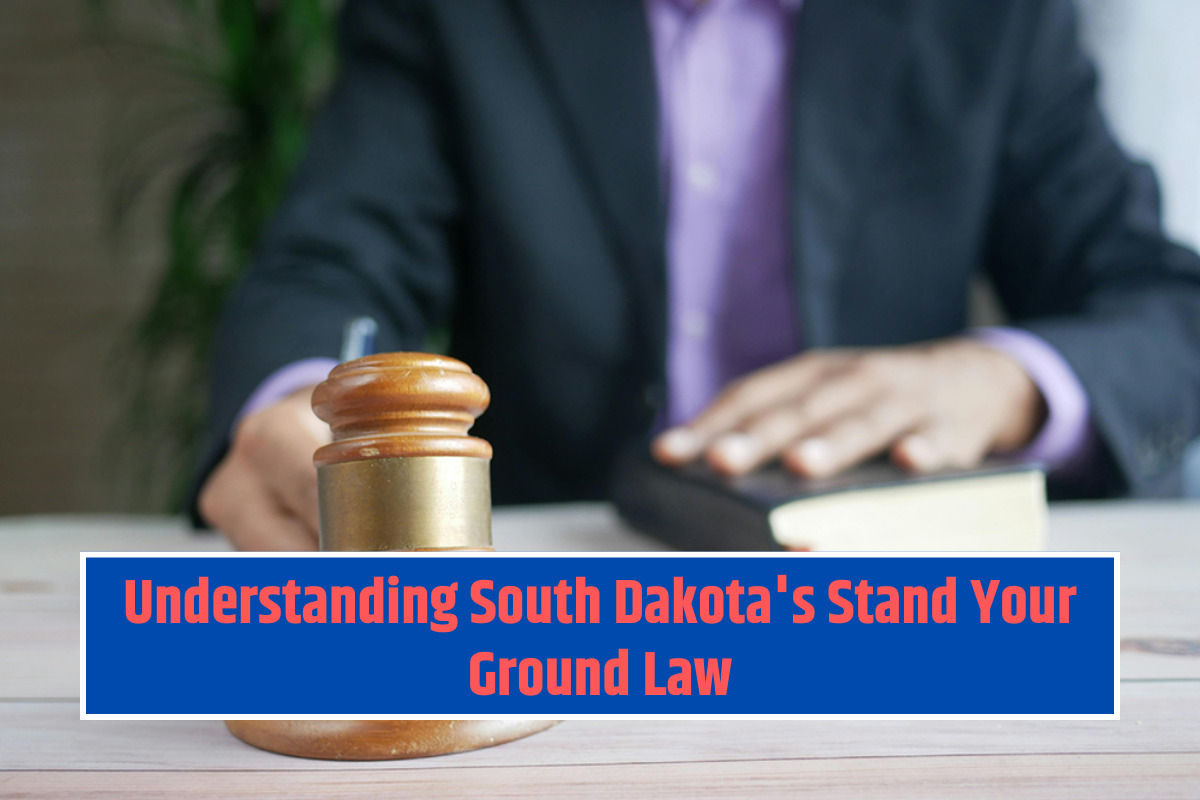Michigan’s “Stand Your Ground” law provides individuals with the legal right to protect themselves if they feel threatened. This law removes the requirement to retreat before using force, allowing people to defend themselves in certain situations without facing legal consequences.
While self-defense is a fundamental right, understanding how Michigan’s Stand Your Ground law works is crucial to knowing when and how you can legally defend yourself.
In this article, we will break down Michigan’s Stand Your Ground law, explain the circumstances under which it applies, and discuss the potential legal consequences.
What is Michigan’s Stand Your Ground Law?
Michigan’s Stand Your Ground law, enacted in 2006, allows individuals to use force, including deadly force, to defend themselves without the obligation to retreat when they are in a place where they have a legal right to be.
The law applies when an individual reasonably believes that they are in immediate danger of bodily harm or death. The law removes the “duty to retreat,” which means you are not required to attempt to escape a dangerous situation before using force.
The law aims to provide legal protection for those who use force to protect themselves or others in life-threatening situations. However, it is important to understand the limitations and requirements for using force under this law.
Key Provisions of Michigan’s Stand Your Ground Law
- No Duty to Retreat:
The most important feature of Michigan’s Stand Your Ground law is that you do not have to retreat from an aggressor if you are in a place you have a legal right to be. In many other states, individuals are required to retreat from a threatening situation, if possible, before using force. Michigan removes this requirement, allowing individuals to stand their ground and use force if they feel threatened. - Use of Deadly Force:
The law allows for the use of deadly force if the person believes that they or someone else is in immediate danger of death or serious harm. This includes situations where a person is being attacked or is confronted with an armed individual. However, the use of deadly force must be reasonable given the threat posed by the aggressor. - Protection in Lawful Locations:
The law applies when an individual is in a place where they have a legal right to be. This includes your home, business, car, or any public space. If you are trespassing or illegally on someone else’s property, the Stand Your Ground law does not protect you. - Reasonable Belief of Threat:
The law allows individuals to use force based on a reasonable belief that they are in danger. This means that if a person honestly and reasonably believes they are about to be harmed, they can use force to defend themselves. The belief does not need to be accurate, but it must be reasonable under the circumstances. - Legal Protections:
If a person uses force under the Stand Your Ground law, they may be immune from criminal prosecution and civil lawsuits, provided the force used was reasonable. This means that if your actions are justified, you may not face charges, and the person who was harmed may not be able to sue you for damages.
When Does Michigan’s Stand Your Ground Law Apply?
Michigan’s Stand Your Ground law applies in situations where:
- You are in a legal location, such as your home, car, or business.
- You are faced with an imminent threat of physical harm or death from an aggressor.
- You reasonably believe that using force is necessary to protect yourself or others from harm.
- You do not have to retreat or escape the situation before using force.
For example, if someone enters your home without permission and threatens you with a weapon, you may use force to defend yourself.
Under Michigan’s Stand Your Ground law, you would not be required to try to escape the situation before defending yourself, and the law would protect you from criminal prosecution as long as your actions were reasonable.
Limitations and Concerns
While Michigan’s Stand Your Ground law provides strong protections for individuals who defend themselves, it also raises concerns about the potential for misuse. Critics argue that the law could encourage people to use force in situations where it might not be necessary, or where de-escalation could have avoided the conflict.
Some fear that the law could lead to an increase in violent confrontations, especially in public spaces.
In addition, there are concerns about racial disparities in the application of self-defense laws, with some studies suggesting that these laws are more likely to be used successfully by white individuals than by people of color. This raises questions about fairness and equity in the justice system.
Legal Consequences and Defending Your Actions
If someone uses force under Michigan’s Stand Your Ground law, it is important that they can prove that their actions were justified. This is typically done by demonstrating that:
- They had a reasonable belief of imminent danger.
- They were not the aggressor in the situation.
- The amount of force used was appropriate to the threat they faced.
If these conditions are met, the individual may be protected from criminal charges. However, if the use of force was not justified, they could still face prosecution for assault or even manslaughter, depending on the situation.
Michigan’s Stand Your Ground law provides individuals with the right to defend themselves without needing to retreat in dangerous situations. While the law is intended to protect those who are genuinely in fear for their safety, it is important to understand when and how it applies.
Using force, especially deadly force, must be reasonable and based on a genuine belief of threat. Anyone considering using force under this law should understand the legal risks and consequences and should be prepared to defend their actions if necessary.












